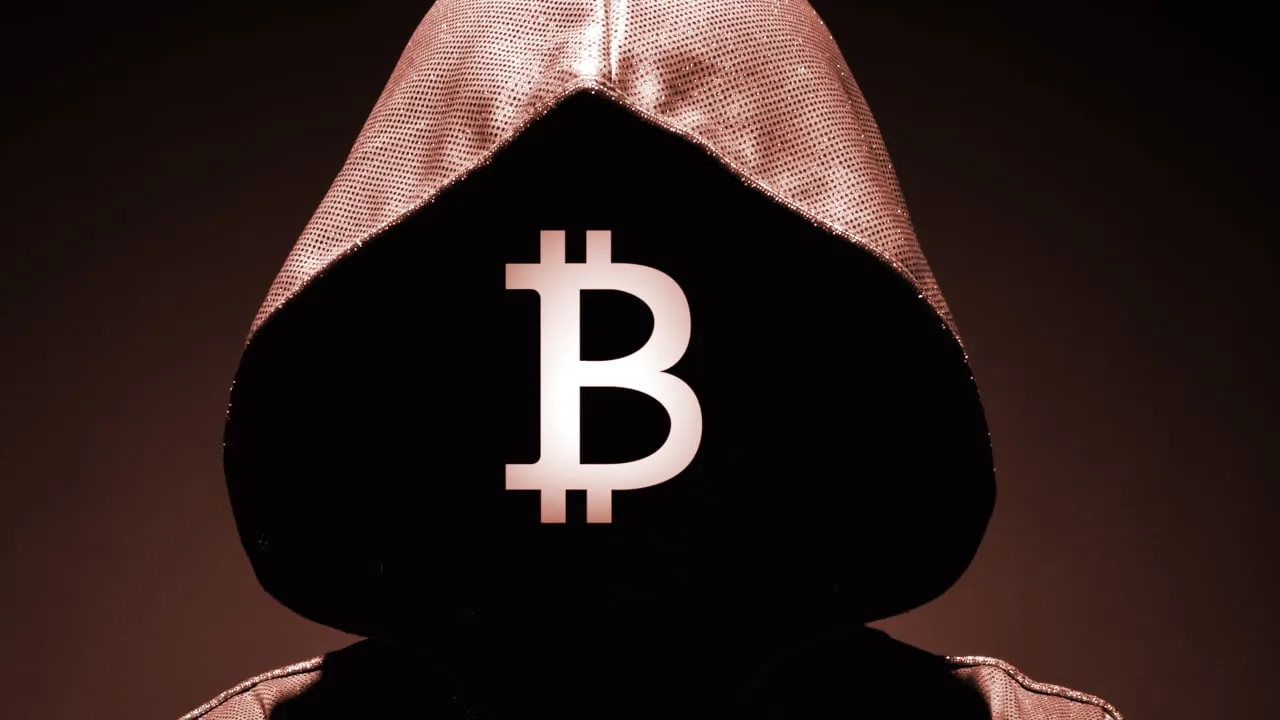Someone, somewhere, just sent $1.2 million worth of crypto to the long-dormant wallet of Bitcoin’s ever-elusive, pseudonymous founder Satoshi Nakamoto.
Now many in crypto are wondering: Who did this, and why?
On Friday, an unidentified crypto wallet with no previous transaction history sent 26.92 BTC—worth some $1.26 million at writing—to the Bitcoin “Genesis” wallet, which Satoshi used to mine the first-ever Bitcoin block on January 3, 2009. The BTC sent by the wallet was transferred over from a Binance account.
Crypto users routinely send Bitcoin to the Genesis wallet as a form of honorific tribute to the cryptocurrency’s mysterious founder. Yesterday, for example, the address received 15 separate payments. And Friday’s payment indeed came just two days after the 15 year anniversary of the Genesis block.
But such transactions are typically miniscule, ranging from a few cents to a few dollars. To send over a million dollars worth of BTC to a wallet that no one but Satoshi likely controls certainly constituted a bizarre occurrence, one that many crypto users spent the weekend pondering.
“Either Satoshi woke up, bought 27 bitcoin from Binance, and deposited [it] into their wallet, or someone just burned a million dollars,” Coinbase director Conor Grogan wrote on Twitter Friday evening.
With doubts abounding as to the possibility that after years of untraceable silence, Satoshi would decide to start sending themselves BTC via a KYC-compliant platform like Binance, many began to fixate on the likelihood that a third party decided to effectively burn $1.2 million by sending it to the Genesis wallet.
Some Crypto Twitter denizens figured that the transaction must have either been a mistake—or, based on the timing, some sort of well-funded marketing stunt from one of the financial institutions jockeying to seize the most attention in the final leg of the high-octane race to a spot Bitcoin ETF.
It’s unclear how the million-dollar mystery payment would constitute an effective ad for a Bitcoin ETF issuer, beyond stoking speculation about Bitcoin’s mysterious origins days before the cryptocurrency is potentially, in a watershed moment, meaningfully integrated into the mainstream global economy.
None of the fifteen firms with currently pending Bitcoin ETF applications have yet to take credit for the payment, though.
One other circulating theory centered on a new crypto tax law that went into effect in the United States on January 1, obligating recipients of certain crypto payments made in the course of “trade or business” to report those transactions to the IRS, or else face criminal charges.
Some speculated that the payment may have been sent as a ploy to force Satoshi to reveal their identity to the American government, or face jail time.
There are a few holes in that theory as well, though. For one, the payer sent about $1.1 million more than they had to, if their intention was to trigger that IRS statute. And two, read the fine print: the new IRS policy likely only applies if Satoshi, in the course of their professional business, received those 27 BTC as payment for a good or service.
So unless Satoshi is a coder that works—a million bucks at a time—for this anonymous crypto user with no prior payment history, the IRS probably isn’t going to come knocking. And even if that scenario was, improbably, really the case, good luck having one of the most chronically understaffed agencies in the U.S. government track down perhaps the most elusive individual on the planet.
Daily Debrief Newsletter
Start every day with the top news stories right now, plus original features, a podcast, videos and more.

